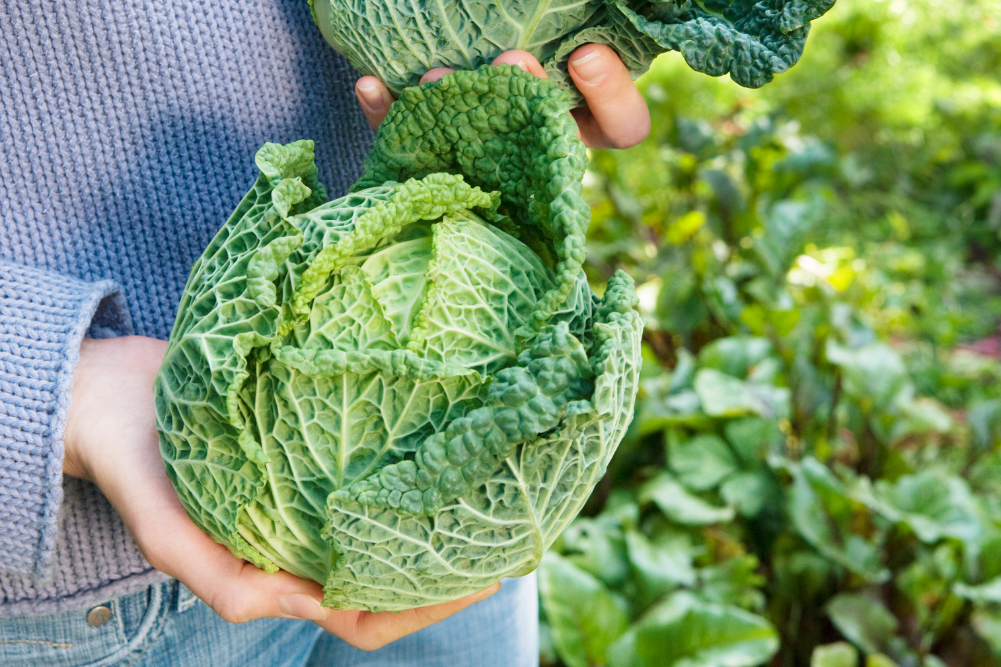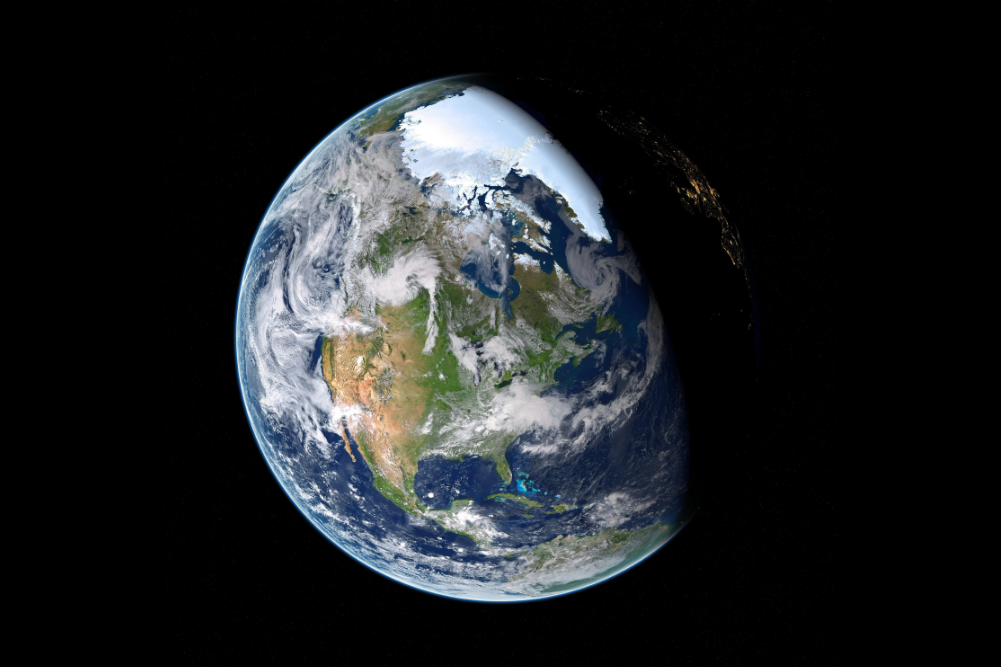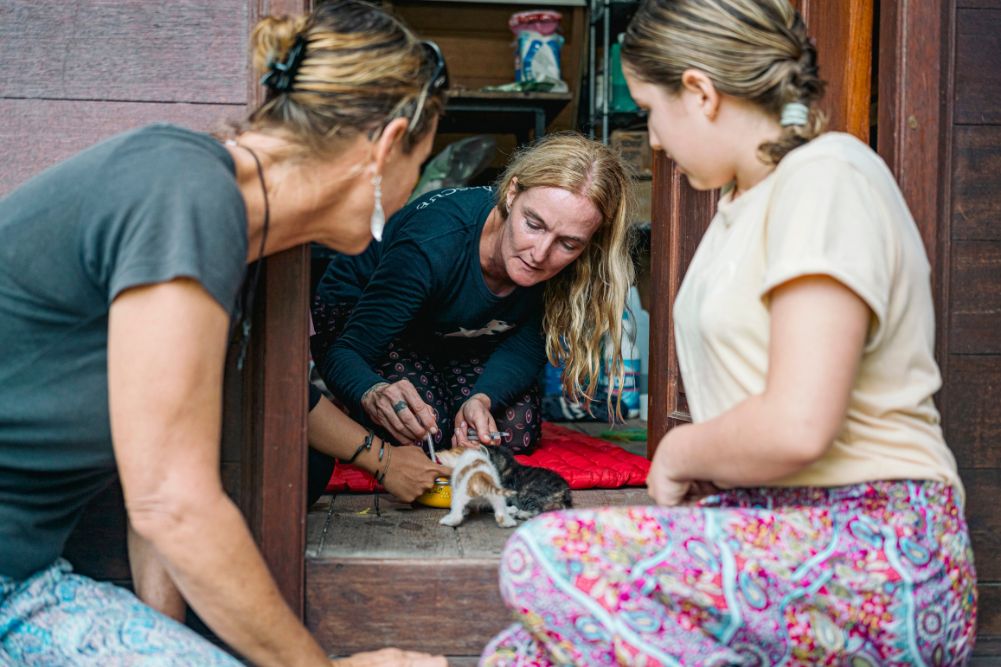Almond orchards, coral reefs and other environmental news
Recycling almond orchards, coral reef conservation and how education can change the face of climate change. Here is the latest in environmental news. Our ability to revive the climate is going to be dependent on our ability to do things in new ways, and that requires that we think creatively. Almond orchards are a great example. Drought and high almond prices have encouraged high rates of orchard turnover in recent years. One practice has been to burn trees that are no longer productive. In a new study though, researchers looked at the alternative approach of recycling entire almond orchard biomasses back into the soil. They then measured soil health and subsequent tree productivity. Results showed that when compared to tree burning, whole-orchard recycling led to a 19 per cent increase in crop yield, a 20 per cent increase in water efficiency (meaning reductions in irrigation) and the soil sequestered an extra 5 tons of carbon per hectare. That all makes almond orchard recycling a climate smart practice. One of the significant challenges in wildlife conservation is finding innovative ways to detect species that cannot be physically seen. Now an Australian researcher, working out of McMaster University in Canada, is developing a field kit that will allow DNA identification of species from droppings and other samples. The breakthrough incorporates specific genetic techniques into a portable and inexpensive kit that will be applicable to both community-based and large-scale conservation projects. Existing DNA fingerprinting techniques are expensive and time-consuming. However, the new kit offers a quick and accurate test to identify endangered species in the field. Applications include real-time detection of illegally traded wildlife products (such as lion bone and rhino horn), enhanced capacity to monitor threatened species (such as the snow leopard) and detection of wildlife diseases (such as white-nose syndrome which has killed millions of bats). To support this work and be part of the crowdfunding efforts go to natscatsdna.com. Coral reefs around the world face intense pressure due to overfishing, pollution and climate change. In a new study, researchers assessed 1800 tropical reefs around the world. They found that just 5 per cent of the reefs studied meet the combined goals of providing enough fishing stocks, and maintaining biodiversity and a viable ecosystem. These reefs are what the researchers call “A- listers”: they have it all. However, creating no-fishing marine reserves around reefs with low human pressures get more reefs onto that A-list. Additionally, some reefs under more human pressure could get onto a metaphorical B-list that would make them more viable if fishing restrictions were put in place. Managing fish communities, not just coral communities, is central to maintaining multiple goals of biodiversity, fisheries and functioning ecosystems. The researchers concluded that coral reef survival is dependent not only on mitigating climate change but also on managing marine reserves in a targeted manner. Researchers wanted to investigate the effect of increasing education levels on sustainability outcomes around the world. They wanted first to measure the net effect of increasing education levels on the emissions that drive climate change. Second, they wanted to see how much less vulnerable to climate change people in developing countries might be if education levels improved. They did find that improvements in education led to slight increases in emissions because despite reduced population growth there was an increase in economic activity. However, improved education reduced vulnerability to a significant degree so that overall improved education reduced vulnerability to climate change. The researchers pointed out that what could not be measured was the degree to which education will speed development of technologies to reduce emissions. Although the effects of improved education levels are multifaceted, the overall improvement in vulnerability levels makes education a necessary tool in climate policy moving forward.Almond orchard recycling
The DNA of conservation
Coral reef “A-listers”
A climate of education








